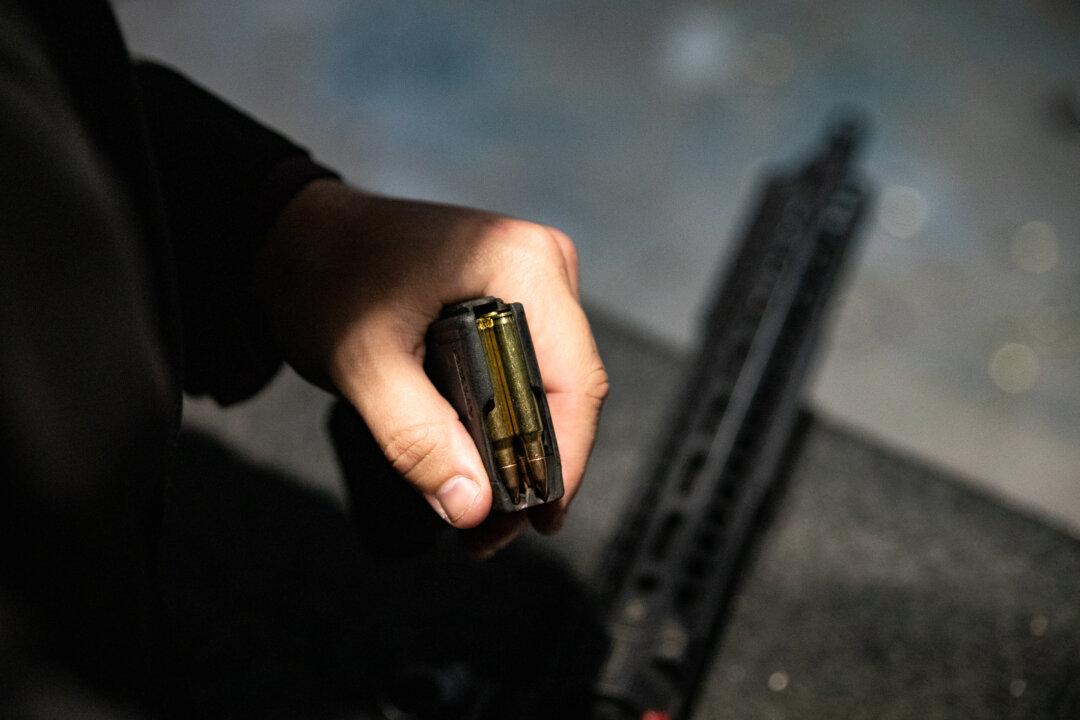A divided U.S. appeals court on Nov. 3 found Illinois’ new ban on “assault weapons” likely does not run afoul of the U.S. Constitution’s Second Amendment.
The prohibition on buying, selling, and owning some semiautomatic guns, including AR-15s, was signed into law by Democrat Illinois Gov. J.B. Pritzker in January. Almost immediately, groups and individuals who said it was illegal brought legal challenges.





